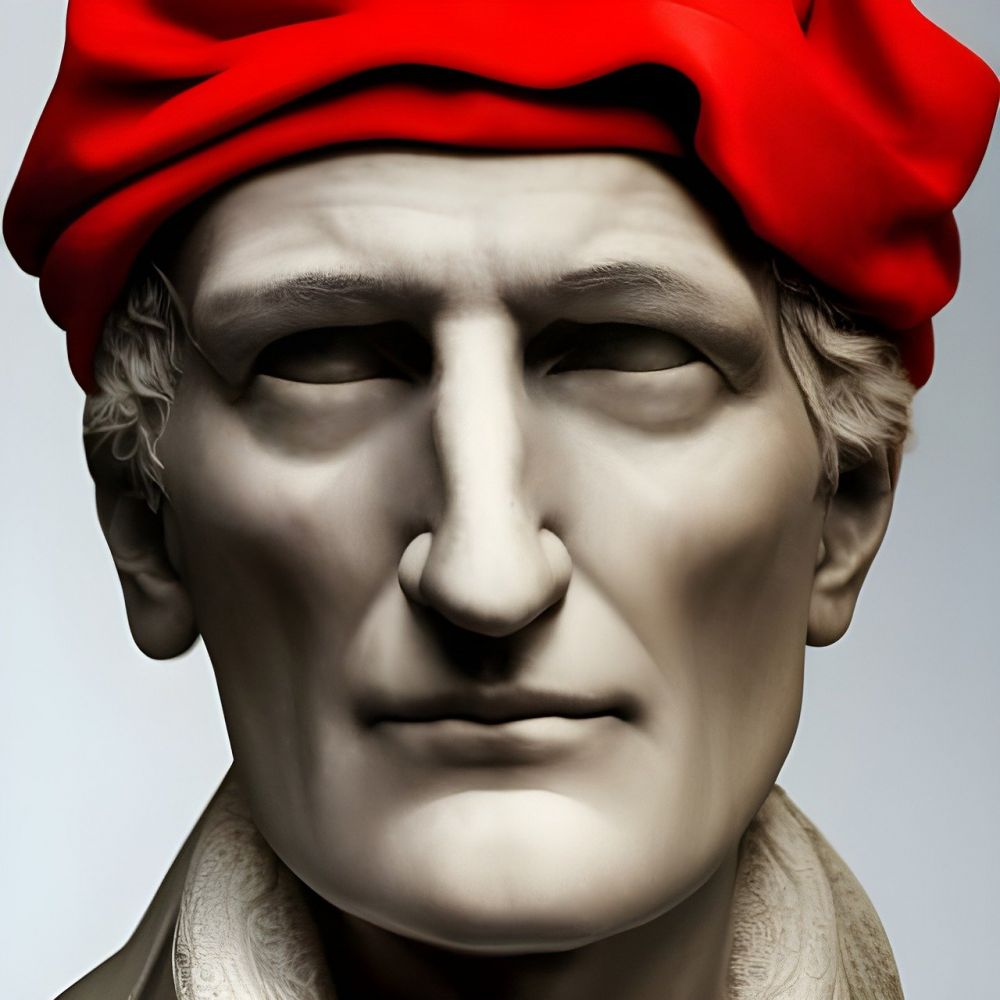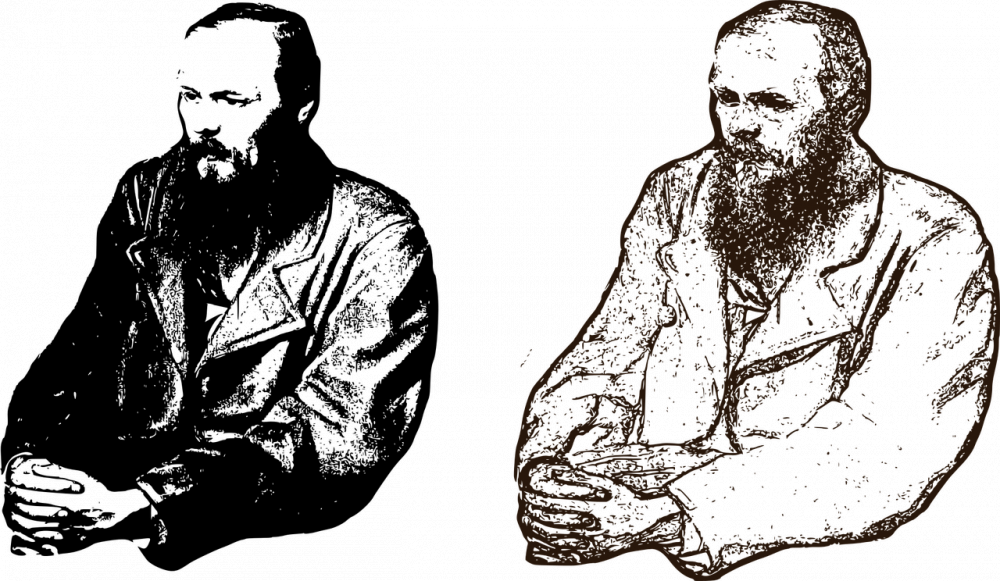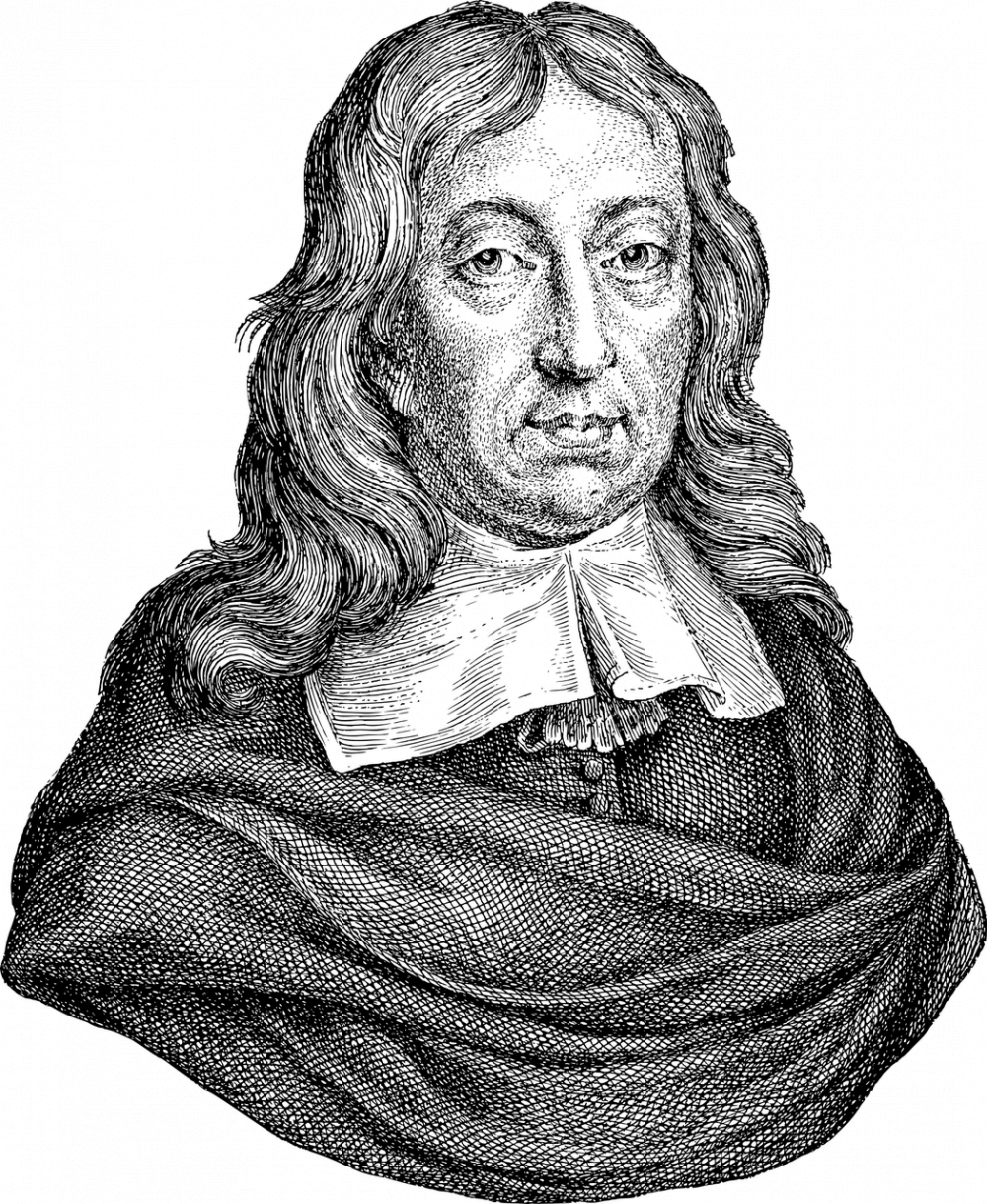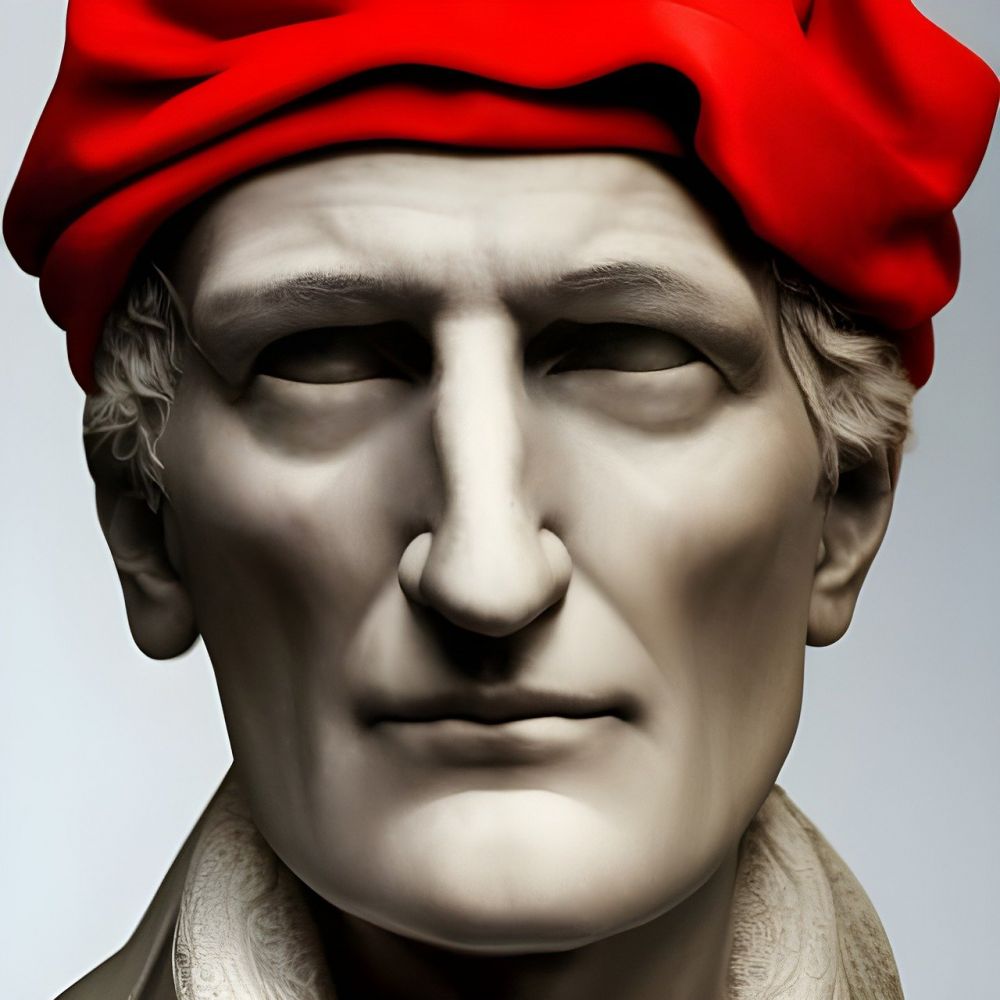Charles Dickens: A Master of Literary Emotion

Introduction:
In the world of literature, few names stand as tall as Charles Dickens. Renowned for his evocative storytelling, vivid characters, and social commentary, Dickens has left an indelible mark on the literary world. This article aims to provide a comprehensive overview of the life, works, and lasting impact of this literary giant.
1. Charles Dickens: A Brief Overview:

Charles Dickens was born on February 7, 1812, in Portsmouth, England. From humble beginnings, his father’s imprisonment debt deeply impacted his formative years. Dickens rose to prominence as a writer during the Victorian era, a period characterized by significant social and economic changes in Britain. His novels explored the struggles of the working class, child labor, poverty, and the harsh realities of urban life.
2. The Evolution of Charles Dickens:
2.1 Early Works:
Dickens’ literary career began with the publication of his first novel, “The Pickwick Papers” in 1836. The comedic and satirical nature of this work captivated readers, establishing him as a promising new voice in literature.
2.2 Major Novels:
Dickens’ subsequent novels further solidified his reputation. “Oliver Twist” (1838) exposed the grotesque underbelly of child labor and workhouses. “A Tale of Two Cities” (1859) delved into the social unrest of the French Revolution, while “Great Expectations” (1861) explored themes of ambition, class, and identity. Each of these works showcased Dickens’ ability to create complex characters and his keen observation of society.
2.3 Serialized Novels:
One notable aspect of Dickens’ works is their serialization. He released his novels in installments, creating a sense of anticipation and engagement among readers. This approach allowed Dickens to respond to public feedback and adjust his stories accordingly. The serialized format also made his works more accessible to a wider audience.
3. Charles Dickens’ Literary Style and Themes:
3.1 Rich Characterization:
Dickens’ characters are often larger than life, full of quirks, and represent different aspects of society. From the orphaned Oliver Twist to the misunderstood Ebenezer Scrooge, these characters captured the imagination of readers and remain beloved to this day.
3.2 Social Commentary:
At the heart of Dickens’ writing lies a deep social awareness. He tackled issues such as poverty, inequality, and injustice, highlighting the struggles of ordinary people. Through his novels, Dickens aimed to shed light on societal problems, advocating for change and empathy.
4. Legacy and Impact:
Charles Dickens’ influence reaches far beyond his lifetime. His works continue to be widely studied, adapted in various media, and celebrated for their emotional depth and social relevance. Dickens’ ability to intertwine storytelling and social commentary has inspired generations of authors and continues to resonate with audiences worldwide.
Conclusion:
Charles Dickens, with his intricate plots, memorable characters, and relentless pursuit of social justice, remains an iconic figure in the literary world. His works have left an indelible impact, inviting readers into a world of emotion, reflection, and social consciousness. As we revisit his novels and explore his life, we continue to honor his invaluable contributions to literature and remind ourselves of the power of storytelling.





